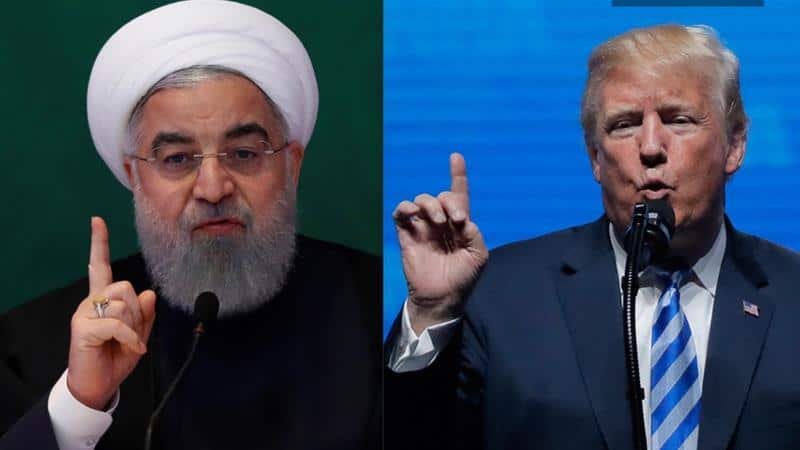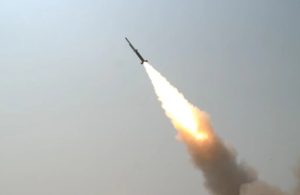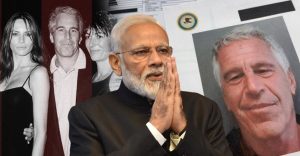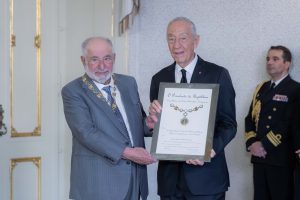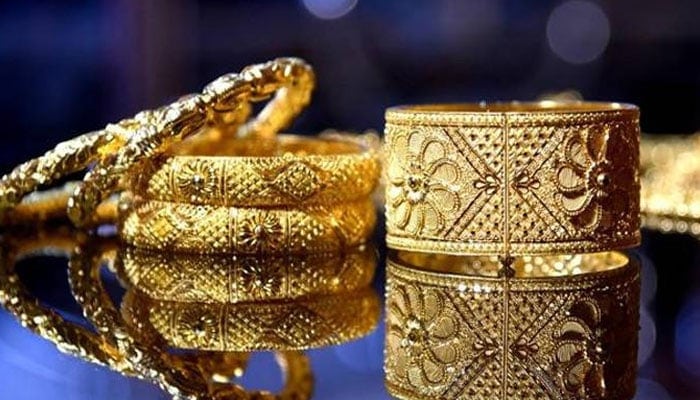WASHINGTON – US President Donald Trump has announced that the United States is effectively withdrawing from the Iran nuclear deal, defying last-ditch diplomatic efforts by his European allies to convince him otherwise.
In a highly-anticipated address on Tuesday, Trump said he would not renew the 120-day waiver on US sanctions on Iran as required by the 2015 deal, thereby allowing all US sanctions to snap back.
At the same time, he announced additional economic penalties against Tehran.
Trump’s decision fulfils a campaign promise to cancel the 2015 pact, which he has repeatedly described as “the worst deal ever”.
https://youtu.be/BAQpFo3hQYc
Hours before his speech, the White House said Trump called French President Emmanuel Macron to discuss his decision.
US Vice President Mike Pence has also informed members of Congress about the withdrawal.
Earlier on Tuesday, Iranian President Hassan Rouhani said that Tehran “will overcome” any “problems” it could face in the coming months.
In 2015, Iran signed the deal – formally known as the Joint Comprehensive Plan of Action (JCPOA) – with six world powers: the US, UK, France, Germany, Russia, China and the European Union.

Thomas Countryman, former US assistant secretary of state who helped negotiate the deal, said withdrawing from the deal will further thrust the Middle East into the path of instability.
‘Foreign policy malpractice’
Countryman said with Trump’s decision, the US becomes the first of the seven parties who is violating the agreement.
“That would be a serious case of foreign policy malpractice, and it would have several effects that would play out very slowly.”
He also said the US is now left with diminished credibility to negotiate a better deal while making negotiations with North Korea “more complicated”.
International reaction:
Regardless of Trump’s decision, the other parties to the Iran deal have said they will not abandon it.
In a joint statement earlier on Tuesday, the European Union, Britain, France and Germany said they met Iranian officials in Brussels and reaffirmed their support “to the continued full and effective implementation of the JCPOA by all sides”.
Meanwhile, Russia warned on Tuesday that a “very serious situation” will emerge if Trump pulls out of the pact.
European leaders wasted no time in denouncing US President Donald Trump’s decision to withdraw from the 2015 Iran nuclear deal. Major European allies have already condemned the decision and vowed to keep to the original terms.
French President Emmanuel Macron said he intended to develop a broader agreement covering Iranian nuclear activity and ballistic missile development. He spoke on behalf of the UK, German and French governments saying all three were disappointed by the US decision.
“We will work collectively on a broader framework, covering nuclear activity, the post-2025 period, ballistic activity, and stability in the Middle-East, notably Syria, Yemen, and Iraq,” Macron said on Twitter, moments after Trump made the announcement.
https://twitter.com/EmmanuelMacron/status/993920765060878336
https://twitter.com/EmmanuelMacron/status/993919803835539463
Iran will remain in the nuclear deal, US withdrawal illegal: Rouhani
President Donald Trump’s decision to pull the US out of the Iranian nuclear deal is illegal, illegitimate and violates international agreements said Iranian president Hassan Rouhani in a televised address.
Rouhani said that Iran has always complied with the nuclear deal and is going to stay in the accord despite the US pullout. The Iranian Foreign Ministry was instructed to hold talks on the nuclear deal with the EU, Russia and China within the next few weeks.
“If we achieve the deal’s goals in cooperation with other members of the deal, it will remain in place. By exiting the deal, America has officially undermined its commitment to an international treaty,” Rouhani said.
The President called Trump’s decision to quit the agreement “a historic experience for Iran,” adding that Washington had never fulfilled its commitment as part of the 2015 international agreement.
The JCPOA deal, signed by Iran and P5+1 powers (China, France, Russia, UK, US, plus Germany) and the EU in 2015, saw international sanctions on Tehran lifted in exchange for Iran curbing its controversial nuclear program. Trump pulled the US from the accord despite the International Atomic Energy Agency (IAEA) confirming Tehran’s compliance with the deal on numerous occasions and attempts by France, Germany and other EU nations to talk him out of the decision.
What’s in the deal?
Iran’s nuclear program dates back to the 1950s and was, ironically, set up with American help before the 1979 revolution ended most of Iran’s ties with the US.
Under the JCPOA, Tehran gave up 98 percent of the enriched uranium it already had and only keeps material enriched to the lowest threshold of five percent (weapons-grade uranium starts at 85 percent).
Two-thirds of Iran’s enrichment centrifuges are halted, leaving only around 6,000 older models operational. Any remaining materials and facilities are to be used strictly for scientific, medical, and agricultural purposes.
Iran’s compliance is being monitored by the International Atomic Energy Agency (IAEA). The JCPOA boosts the IAEA mission in Iran from 50 to 150 experts with round-the-clock access to any nuclear-related facilities, and additionally envisions remote and satellite surveillance.
In return, UN and EU sanctions against Iran were either suspended or lifted, and no new sanctions will be introduced as long as the JCPOA is in effect. The US, however, never agreed to permanently lift or even suspend its own sanctions.

